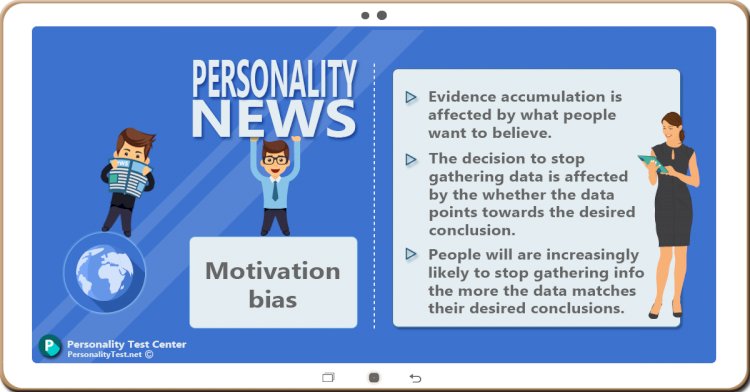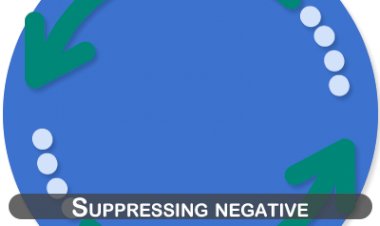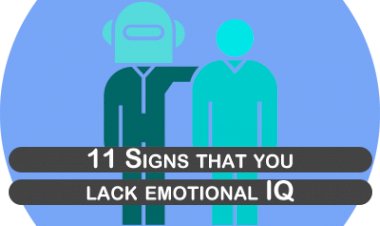Motivation bias
Evidence accumulation is affected by what people want to believe.

by Filip Gesiarz, Donal Cahill, Tali Sharot.
Main titles
- The decision to stop gathering data is affected by whether the data points towards the desired conclusion. People are increasingly likely to stop gathering information the more the data matches their desired conclusions.
"Our research suggests that people start with an assumption that their favored conclusion is more likely true and weight each piece of evidence supporting it more than evidence opposing it. Because of that, people will find no need to gather additional information that could have revealed their conclusion to be false. They will stop the investigation as soon as the jury tilts in their favor" - Filip Gesiarz; University College London.
- The issue at stake is for how long to keep on gathering data before making a decision to stop.
"Today, a limitless amount of information is available at the click of a mouse," Sharot says. "However, because people are likely to conduct less through searches when the first few hits provide desirable information, this wealth of data will not necessarily translate to more accurate beliefs." - Tali Sharot; University College London.
Study: University College London

 vneo
vneo 
















